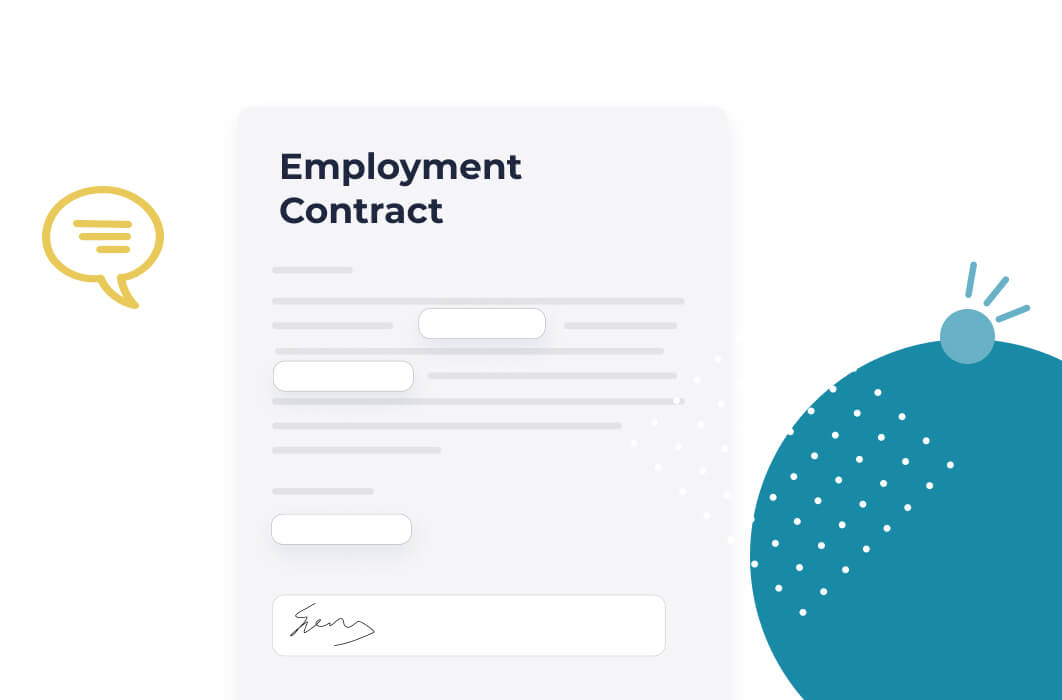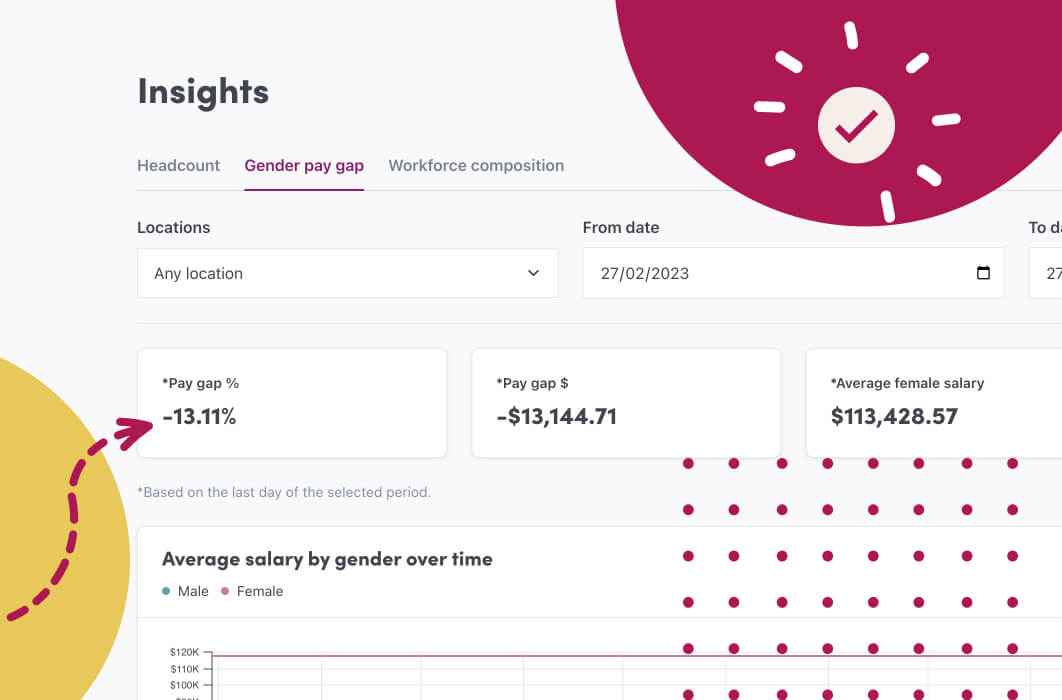What is a notice period?
In employment contracts, a notice period is the length of time an employer is aware of an employees departure from the company before they actually leave. Essentially, it starts when an employee submits their letter of resignation and ends on their last day of work.
Throughout the lifecycle of a business, there may be times when employees are ready to leave your business for a new opportunity. Even if they are eager to move on right away, it’s professional to be given a few weeks’ notice. This way, a business can prepare for the departure and delegate tasks.
Download our free employment contract templates. Curated by Source HR, these contracts are designed for Australian business and are available now
Why is a notice period important?
A notice period ensures that an employer and its employees are on the same page. If employees were to quit their job without proper notice, it would leave teams scrambling to take over tasks and fill the vacant position. Instead, receiving proper notice in advance you prepare when people leave. This includes writing a new job posting, looking over applications, and starting interviewing new candidates. It also gives colleagues a chance to delegate tasks.
Tips for employers when writing notice periods
In this video, Source HR deep dive into one of the KEY provisions of any employment contract… the notice period.
I’m here today to talk to you about a key provision of your employment contracts, being the notice provision.
Tip one
So first of all, make sure that your notice provision actually gives you and the employee power to terminate the employment relationship or the employment contract upon giving a certain amount of notice in writing. You would be surprised how many employment contracts accidentally forget to include this or only include it for the employee. The company can terminate this contract by providing a certain amount of notice in writing.
Tip two
The other hot tip is make sure that notice period is explicit. Say three weeks, two weeks, four weeks, one month, the National Employment Standards, whatever it is, make sure it doesn’t say words like a minimum of three months notice period. I have seen these in employment contracts, and it leaves you open to what’s called a reasonable notice argument. So for example, an employee could say, “
Hey, you are wanting to make my role redundant. That’s fine, but you owe me notice. And the notice, it isn’t three months, it says minimum three months. Actually, I’ve worked with you for, let’s say, 10 years in a senior role. And therefore, I think the notice period is actually what’s reasonable in the circumstances. Given my circumstances, I think the notice period is actually 12 months, and you owe me that much notice”.
That has happened, it is in case law. So sometimes, that little inclusion of words like that can actually have big consequences, so make sure of that.
Tip three
The other thing you want to make sure of is that there is the ability of the company or the business to pay out that notice period either in full or part thereof. So again, if you’re in a situation where you think, “Hey, this employee is exiting, I’m terminating their employment. But I actually don’t want them to remain working during the notice period. Instead, I’d rather just make that payment in lieu.
You want to make sure you actually have the power to do that in your employment contract. And again, some will say, “We’ll make that payment in lieu in full,” you want to make sure there’s the power to pay it in part thereof. So say you want the employee to work out two weeks of the notice period, and then you’ll pay them the remainder. You want to make sure, contractually, you are able to do that.
Tip four
The final thing you want to make sure of is that there’s a provision in your employment contract, which permits you as the business to terminate an employee’s employment without giving notice or with giving some nominal amount of notice, for example, one hour’s notice if the employee commits serious misconduct. And you can actually outline what that serious misconduct may be. You might have a catch-all, for example, serious misconduct as it relates under common law.
But you might also expressly provide, for example, dishonest or fraudulent conduct or a serious or persistent breach of an employment contact, or if they have been charged or convicted of a serious criminal offence. This is your opportunity to outline different scenarios where you feel that you wouldn’t actually want to pay someone that notice period.
….
Manage your employee contracts
Reduce risk and ensure legal compliance with simple tools to manage policies, qualifications, approval processes and more.
Document Management Software
Subscribe for more Australian employment updates.
Stay in the loop
Worknice partners with Source HR
Who is Source?
On-tap HR services, without the in-house price tag
Worknice has partnered with Source to provide expert advice that leverages our technology platform. Get on-tap access to a team of experienced HR specialists and employment law professionals to help your business and people thrive. Whether you want ongoing HR support on a monthly retainer basis, or you just need HR expertise for specific projects, Source HR can help.
HR Advice + employment law advice
Pair your HR technology with professional services. Access ongoing HR and legal support on a monthly retainer.
It’s never been more critical to have the right support to navigate change, maximise performance, and protect your business. Backed by employment law expertise, Source HR combines operational and strategic HR services alongside the Worknice platform. The Source team gets to know your business intimately and builds a deep, supportive relationship to provide in-house style expertise that is tailored to your business needs.




